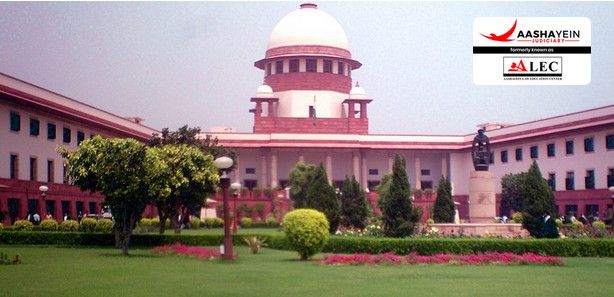"Those who are courageous to take risks are often the most successful." – Justice K. Vinod Chandran
Justice K. Vinod Chandran, Chief Justice of the Patna High Court, is set to take oath as a Supreme Court judge, achieving another milestone in his illustrious career. Justice Chandran brings to the bench a remarkable legacy of judgments and contributions to the judiciary.
Born in Paravur, Ernakulam district, Kerala, in 1963, Justice Chandran’s professional journey did not begin in law. After graduating from Christian College, Aluva, he joined the State Bank of Travancore. However, his passion for law led him to enroll at the Kerala Law Academy in Kochi, eventually leaving his banking job to practice at the Kerala High Court.
As a practicing lawyer, Justice Chandran specialized in tax law and served as the Special Government Pleader (Taxes) for the Kerala government from 2007 to 2011. His efficiency in handling tax-related cases caught the attention of the Supreme Court Collegium, resulting in his elevation to the Kerala High Court in November 2011.
You can also read the latest judgment by visiting [Latest Judgment].
For more information, visit [Aashayein Enquiry Section]
Judicial Contributions
1. Kerala High Court (2011-2023): Justice Chandran’s tenure at the Kerala High Court was marked by several significant rulings and interventions:
In 2013, he walked out of the courtroom in State of Kerala v. Joseph Kuruvilla, protesting against the lack of preparedness by government pleaders and emphasizing the importance of efficient representation for timely justice.
In 2015, he ruled in favor of two Muslim students in Fathima Thasneem v. CBSE, allowing them to wear hijabs and full-sleeve dresses while appearing for a national medical entrance test, reinforcing the importance of individual rights.
His bench initiated a suo motu case, Suo Motu v. State of Kerala (2021), to address the ineptitude of government prosecutors, ensuring greater accountability in the legal process.
2. Chief Justice of Patna High Court (2023): During his tenure as the Chief Justice of the Patna High Court, Justice Chandran presided over notable cases:
In Saurabh Kumar v. State of Bihar, he upheld the validity of the Bihar Private Schools (Fee Regulation) Act, 2019, ensuring reasonable fee regulation in private schools.
His bench also handled the controversial Dayanand Rai v. State of Bihar, concerning the Bihar caste-based survey, ruling on its legal aspects and addressing concerns about its nature as a caste census.
Conclusion
Justice K. Vinod Chandran’s rise from a bank employee to a Supreme Court judge underscores his determination, expertise, and unwavering dedication to the rule of law. His legacy of impactful judgments and reform-oriented actions sets a high standard for judicial excellence in India.His commitment to justice, administrative efficiency, and the rights of individuals highlights his significant contribution to the Indian judiciary.

